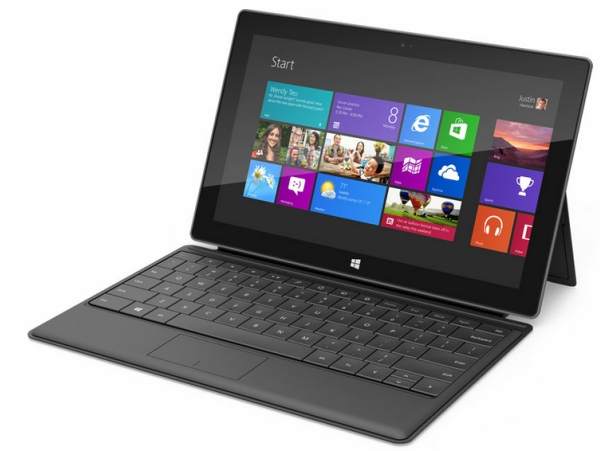Mobile computing – currently dominated by tablets such as Apple’s wildly popular iPad – is essentially a two-horse race of devices powered by Apple’s iOS and Google’s Android.
However, ABI Research analyst Jeff Orr believes Redmond may have a “magic bullet” in the form of its upcoming Windows RT operating system.

“Windows RT accelerates an existing ecosystem of vendors experienced with ARM-based development and leveraging the architecture strengths,” he explained.
“[The OS] represents Microsoft’s first OS volley addressing future generations of computing devices while leaving much of the legacy Windows baggage behind.”
According to Orr, both Windows 8 and RT will have an impact on the overall tablet market beginning in 2013 – as tablets powered by the new OS will only manage to eke out a 1.5% market share in 2012.
“Pricing for Windows tablets will also be a key consideration for end-user adoption. If priced aggressively towards current Android tablets, Windows tablets could see 2013 shipments increase 10-fold year-over-year,” said Orr.
“However, if priced like Apple’s iPad offerings, Windows tablets may only double or triple shipments in 2013. Growth in the total available market is expected to come from businesses adopting tablets, which is expected to be a strong area for Windows 8.”
Indeed, one space that Windows 8 might be embraced with relatively open arms is the enterprise.
“Neither of the leading tablet OS platforms has squarely addressed the needs of IT organizations and business users,” noted ABI Research analyst Dan Shey.
“Flawless execution by Microsoft on its Windows 8 Pro enterprise strategy for tablets could catapult it into a mobile computing leadership position.”






